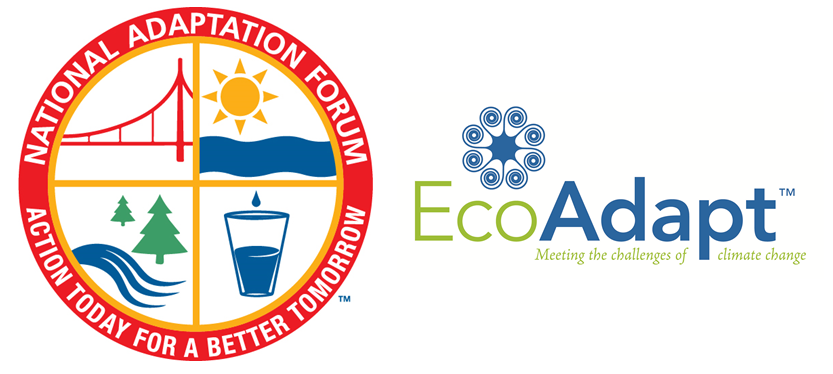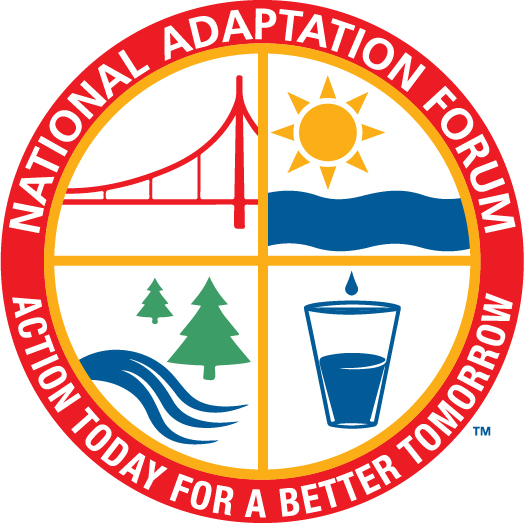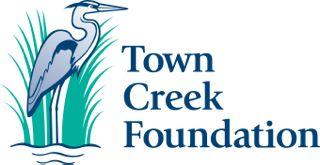Presentations+keynotes
Please note that not all presentations are available
Day 1: Monday April 4th, 2016
Day 1: Welcome and Keynote (video)
Keynotes |
| Avis Ransom, Commission on Sustainability Baltimore |
| A. Stanley Meiburg, Acting Deputy Administrator, U.S. EPA |
Workshops |
| Adaptive Gradients in the Coastal Environment: A Framework for Decision-Making on Infrastructure Responses |
Day 2: Tuesday April 5th, 2016
Keynotes and Lunch Panel |
| Mark Z. Jacobson, Stanford University & The Solutions Project |
| Lunch—Panel: Financing Strategies Deb Markowitz, Secretary, Agency of Natural Resources, State of Vermont Joel D. Scheraga, Senior Advisor for Climate Change Adaptation, EPA Robert Sanders, Senior Finance Director, Clean Energy Group Michele Demers, Founder and CEO, Boundless Impact Investing |
Communication and Engagement Track |
Planning and Process Track |
Built Environment Track |
Human Health and Ecosystem Services Track |
| Reaching Beyond the ‘Usual Suspects’: Innovative Strategies to Engage the Community | Incorporating Adaptation into Day- to-Day Planning | Living with Water | The Future of Ecosystem Services: Does climate change really matter? |
Day 3: Wednesday April 6th, 2016
Business Continuity: In the Face of Extreme Weather
Education Summit
Keynotes and Lunch Panel |
| Panel: How can we build community resilience through education? Rose Chaffee-Cohen, High School Science Teacher, Kent Place School, Summit, New Jersey Ashley Edwards, Senior at Baltimore City College High School Marianne E Krasny, Professor, Department of Natural Resources and Director of the Civic Ecology Lab at Cornell University |
| Keynote Speaker: Bill McKibben, author and a founder of 350.org |














